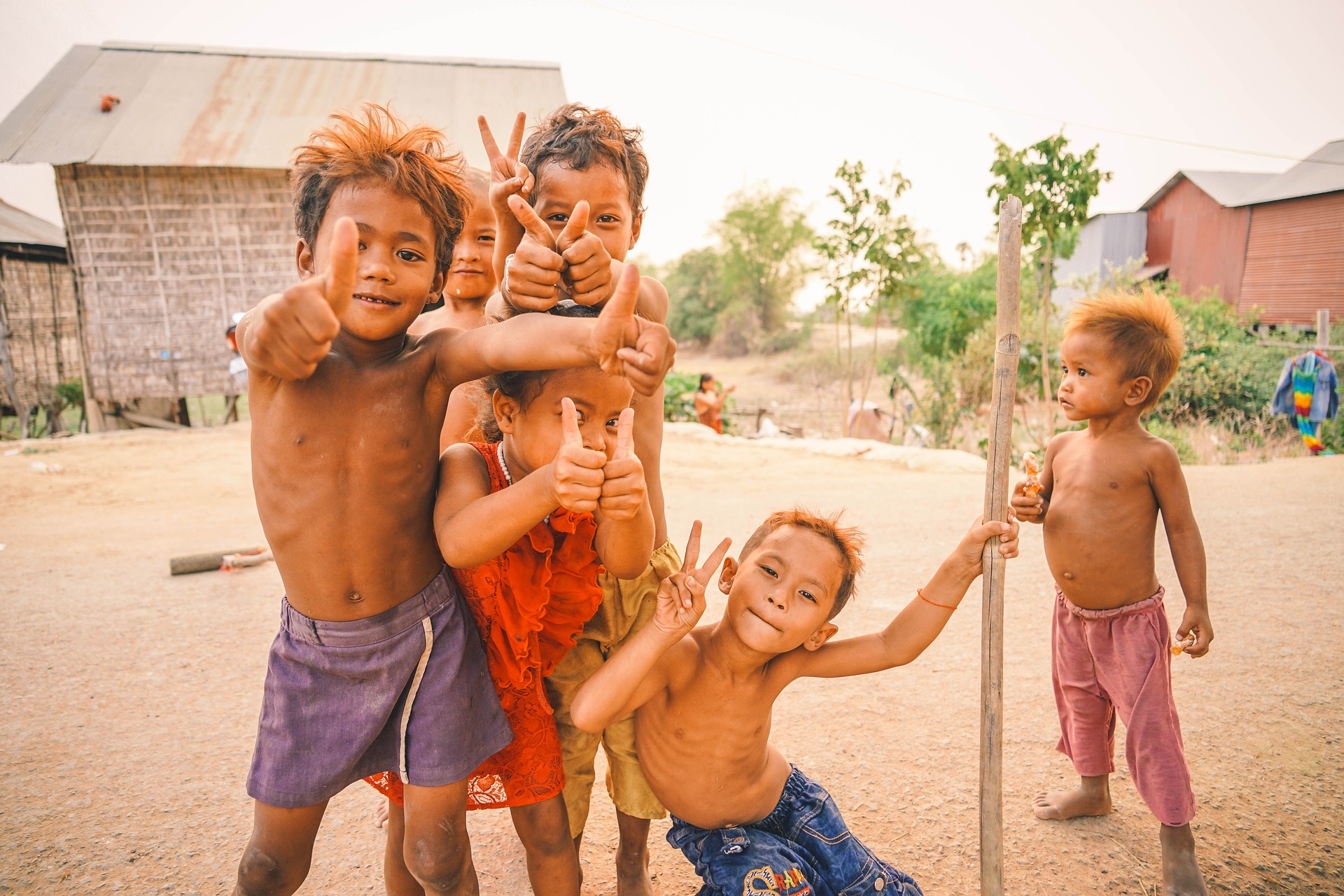In 2004, Lisa Forestell travelled from her Toronto home to Palestine to work with an organization that gave volunteers an opportunity to spend a few weeks with children who lived in refugee camps in and around Nablus in the West Bank. As an international development coordinator, Forestell organized western volunteers, giving them job assignments like setting up a sports team or teaching art in the camps.
But it didn’t go quite as she thought it would. Forestell noticed that many of the children she worked with were suffering extreme trauma, and having volunteers come in for a few weeks, bond with them and then leave was damaging. “These kids, after the first group left, a bunch of them were crying, so I asked them why, and they said, ‘It’s because they always leave. We lose people in our lives,’” she says.
You may unsubscribe from any of our newsletters at any time.
In countries where poverty, violence and food scarcity are high, volunteering is on the rise. The idea is that more affluent people, mostly from North America and western Europe, can aid in the world’s poorest regions by travelling to affected areas, giving a few weeks of their time and going home.
This type of seemingly altruistic volunteering, colloquially known as voluntourism, seems to be growing, even though statistics indicate that volunteering in general is decreasing. Some numbers suggest that by 2020, as many as 20 million U.S.-based voluntourists will have travelled not just for leisure, but to do good around the world.
Hundreds of organizations promote these trips to areas in need of support and development. In 2016, The Guardian reported that at least 85 voluntourism groups were operating in the multi-billion dollar industry in the U.K. alone, placing 50,000 tourists a year. Dozens of organizations operate in Canada.
Countries like Nepal, Cambodia, Thailand, Kenya and Peru see thousands of western volunteers each year. In these countries, people are often drawn to organizations that work with children. But research shows that the volunteers’ presence can lead to negative outcomes.
Andrea Lee Freidus, an assistant professor at the University of North Carolina, has studied the phenomenon of tourism among children orphaned by AIDS in Malawi. She found that voluntourists arrived in Malawi with naive understandings of the causes of poverty, and they didn’t appear to gain any nuance during their visit. Instead, she writes, “notions of western superiority that are often racialized” emerged, where “white Americans are deemed experts and able to lead Malawians to a better life.”
But cultural misinformation and a lack of clear understanding of poverty aren’t the only issues with voluntourism. Iman Morooka, chief of communication at UNICEF Cambodia, says that the UN has been working for years to try and curb this form of tourism, which can fool westerners into a false sense of altruism.
Volunteer work with children is widespread in Cambodia. Between 2005 and 2015, the number of orphanages increased by 60 percent, and many are located in popular tourist destinations. Morooka says that some organizations accept payment from westerners hoping to volunteer with orphans in the country, but the money doesn’t go to the kids they purport to help. Also, not all of the children in these orphanages are necessarily orphans. According to the UN, only 23 percent of the more than 10,000 “orphans” in Cambodia have lost both parents, and most have surviving relatives.
“I think you need to keep children out of the equation. They just don’t understand.”
Morooka says that many of the children in voluntourist-favoured “orphanages” in Cambodia have been taken from their parents — people who might live in extreme poverty — either by force, or for a fee given to the families, who are desperate for money to feed or clothe other children. Poverty-stricken parents might believe that this is the only way to ensure the rest of their family will survive. Often, they think their child will be given a better life.
Many of these institutions cater to visitors from overseas faith-based groups, and in turn, benefit financially from the partnership. There have also been reports of directors intentionally starving children and depriving them of adequate clothing to entice volunteers to donate more money.
“Fees collected from orphanage tourism and voluntourism keeps these facilities running, and [is] one of the key reasons we saw an unnecessarily large number of orphanages around the country and especially in the tourist centres like Siem Reap and Phnom Penh,” says Morooka. “This large number of orphanages has contributed to breaking up families and removing children from their families.”
So is it possible to volunteer overseas responsibly? UNICEF Cambodia says on their site that warning bells should go off for the well-intentioned if an organization doesn’t ask for an extensive background check or requires exorbitant fees. If the organization looks fishy, Morooka says there are other ways to make a difference: “Students and volunteers can either donate to or volunteer at NGOs and organizations who are focusing their attention on community support.”
That can mean funding micro-loans for locals to help build businesses, for farmers to buy new equipment or even for children to go to school.
Cambodia's stolen children. Truly heart-wrenching stories from mothers deceived by Cambodia's orphanage racket in the 2000s. What a privilege to share their stories: https://t.co/LGGMxnZA9a pic.twitter.com/LDc5PV3WqL
— Erin Handley (@erinahandley) March 30, 2018
According to the site, those who consider travelling abroad should commit to a longer stay, such as three months, rather than a week or two. It’s also important to research the organization, talk to former volunteers about their experience and pick areas you already have experience in — an orphanage might not be the best placement for people who have never worked with children.
Forestell says she was sickened when she came home and learned about the corruption of some organizations and some of the negative impacts of voluntourism. “I think the intentions are often good,” she says.
And if she had known what was truly happening, would she have gone to Palestine in the first place? Yes and no, she says. “I don’t think working with children is necessarily the answer.” She adds that sending people into occupied Palestinian territories would be helpful for many to get a clearer picture of the humanitarian crisis, but can do little in repairing much of the psychological and emotional damage children have experienced.
“They need more long-term support. Kids can’t process the same way as adults can,” she says. “I think you need to keep children out of the equation. They just don’t understand.”
Of course, working with children will always be rewarding and fulfilling, but at the end of the day, you should properly vet the organization you’d like to support and know exactly what you’re getting into to make sure the experience will be helpful and positive for everyone, especially the children you might meet along the way.
To find out more about how the UN protects children from corrupt voluntourism, check thinkchildsafe.org
CORRECTION: A previous version of this story mischaracterized a study by Andrea Lee Freidus. It stated that the study found that children in a Malawi orphanage were negatively influenced by the presence of volunteers. This version has been corrected.












